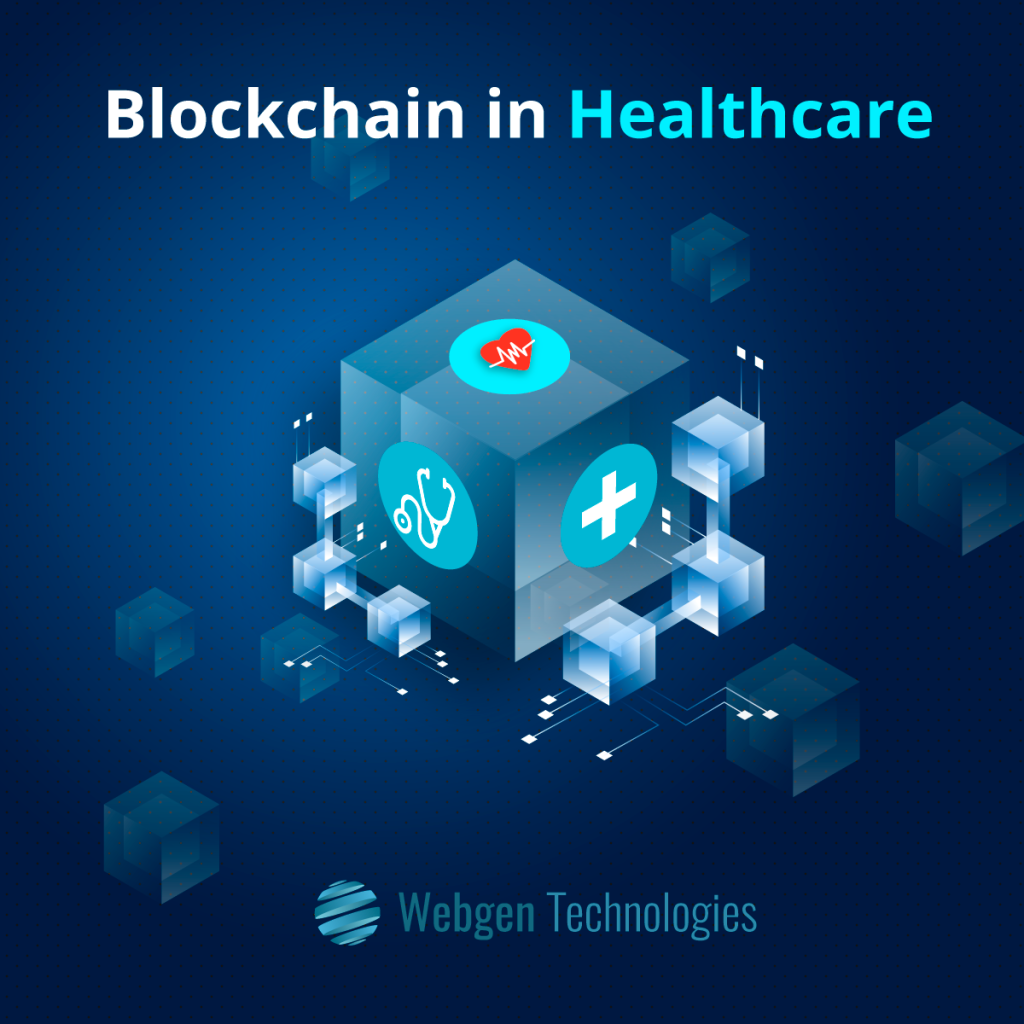
Imagine a world where your medical records are as secure as a bank vault, where every piece of your healthcare data is immutable and transparent. Welcome to the future of healthcare data security powered by blockchain technology. In an era where data breaches and privacy concerns are rampant, blockchain offers a revolutionary solution to safeguard your medical data management. But how exactly does blockchain enhance healthcare security? Let's dive in and explore the transformative potential of this innovative technology.
Understanding Blockchain in Healthcare
Blockchain technology, originally developed for cryptocurrencies like Bitcoin, has evolved into a powerful tool for various industries, including healthcare. At its core, blockchain is a decentralized, distributed ledger that records transactions across multiple computers. This ensures that data is secure, transparent, and tamper-proof. In the context of healthcare, blockchain can revolutionize how we manage and secure medical data.
What is Blockchain Technology?
Think of blockchain as a digital ledger that is shared across a network of computers. Each block in the chain contains a list of transactions, and once a block is added, it cannot be altered retroactively without altering all subsequent blocks. This makes blockchain an ideal solution for healthcare innovation and medical data management.
The Benefits of Blockchain in Healthcare
So, how does blockchain enhance healthcare security? Let's break it down into key benefits:
Enhanced Data Security
One of the primary advantages of blockchain in healthcare is its ability to enhance data security. Traditional healthcare systems often rely on centralized databases, which are vulnerable to hacking and data breaches. Blockchain, on the other hand, uses a decentralized approach, making it much harder for unauthorized parties to access or tamper with medical data. Each piece of data is encrypted and linked to the previous one, creating an unbreakable chain of information.
Improved Patient Care
Blockchain can significantly improve patient care by ensuring that medical records are accurate and up-to-date. Patients often see multiple healthcare providers, and keeping track of their medical history can be challenging. With blockchain, all medical records are stored in a single, secure ledger that can be accessed by authorized healthcare providers. This ensures that patients receive the best possible care based on their complete medical history.
Transparency and Accountability
Transparency is another key benefit of blockchain in healthcare. Every transaction on the blockchain is recorded and can be traced back to its origin. This level of transparency ensures accountability and builds trust between patients and healthcare providers. Patients can be confident that their medical data is being handled securely and ethically.
Real-World Applications of Blockchain in Healthcare
Blockchain technology is already being implemented in various healthcare settings. For example, the MedRec project at MIT uses blockchain to manage electronic health records (EHRs). This system allows patients to control who can access their medical data, ensuring privacy and security. Similarly, the Guardtime platform uses blockchain to secure healthcare data in Estonia, providing a robust solution for medical data management.
Challenges and Future Prospects
While blockchain holds tremendous potential for enhancing healthcare security, there are challenges to overcome. One of the main obstacles is the integration of blockchain with existing healthcare systems. Many healthcare providers still rely on outdated technology, making it difficult to adopt new solutions. Additionally, there are concerns about the scalability and interoperability of blockchain systems.
However, the future looks promising. As more healthcare providers recognize the benefits of blockchain, we can expect to see increased adoption and innovation. The development of more user-friendly and scalable blockchain solutions will further enhance healthcare data security and improve patient care.
Conclusion
In conclusion, blockchain technology offers a groundbreaking solution for enhancing healthcare security. By providing a decentralized, transparent, and tamper-proof system for medical data management, blockchain can revolutionize how we handle and protect sensitive medical information. As we continue to explore and implement blockchain in healthcare, we can look forward to a future where patient care is more efficient, secure, and trustworthy.
Are you ready to embrace the future of healthcare innovation? Let's start the conversation and explore how blockchain can transform your healthcare experience. Together, we can build a more secure and transparent healthcare system for all.
FAQs
1. How does blockchain ensure the security of medical data?
Blockchain ensures the security of medical data through its decentralized and encrypted nature. Each piece of data is linked to the previous one, creating an unbreakable chain that is nearly impossible to tamper with.
2. Can blockchain improve patient care?
Yes, blockchain can improve patient care by providing accurate and up-to-date medical records that can be accessed by authorized healthcare providers. This ensures that patients receive the best possible care based on their complete medical history.
3. What are the main challenges of implementing blockchain in healthcare?
The main challenges include integrating blockchain with existing healthcare systems, scalability, and interoperability. Many healthcare providers still rely on outdated technology, making it difficult to adopt new solutions.
4. Are there any real-world examples of blockchain in healthcare?
Yes, projects like MedRec at MIT and the Guardtime platform in Estonia are examples of blockchain being used to secure healthcare data and manage electronic health records.
5. How can blockchain enhance transparency in healthcare?
Blockchain enhances transparency by recording every transaction on the ledger, making it traceable and accountable. This builds trust between patients and healthcare providers, ensuring that medical data is handled securely and ethically.
```
Posting Komentar